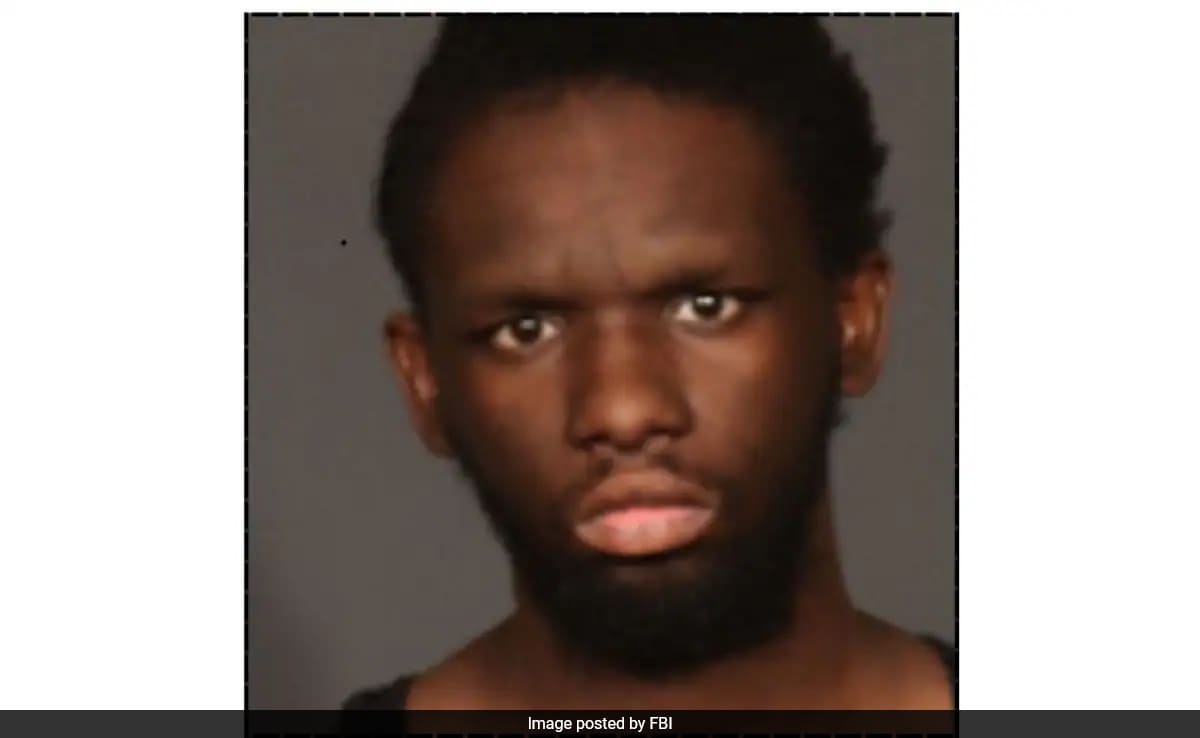Watch: Thousands protest outside Georgia parliament against foreign influence bill
By Jacqueline Howard
BBC News
Riot police in the Georgian capital of Tbilisi have moved in to clear thousands of people demonstrating through the night against a proposed law.
The protesters oppose the controversial foreign influence bill, described by critics as the "Russia law".
Georgian MPs will hear the third and final reading of the bill on Monday.
The bill targets civil society organisations and independent media that receive foreign funding.
Protesters are concerned that the law would be used by the government to clamp down on dissent, and would harm Georgia's hopes of joining the European Union.
Tens of thousands of demonstrators spent the night outside Tbilisi's parliament building, dancing as it rained through the dark hours. Once the sun rose on Monday, MPs from the governing party arriving ahead of the session were met with shouts and chants from the crowd.
Ranks of police with shields and water cannon were stationed at the building to prevent demonstrators from stopping legislators getting into the parliament building to enact the new law.
Photos and footage online appeared to show violent altercations between protesters and police.
Two US citizens and one Russian were among 20 people arrested at protests, Russian state news reported, citing the Georgian Ministry of Internal Affairs.
Protesters plan to continue their noise through the parliamentary session in the hopes the sound will encourage MPs to reconsider voting for the bill.
Image source, Reuters
Image caption,Tens of thousands of people have taken to the streets of Tbilisi ahead of the bill's final reading
Opponents of the bill say the measures are inspired by Russian legislation passed in 2012, which they say has been used since then to crack down on people critical of the Kremlin.
This proposed legislation would force non-governmental groups and media to register as "organisations serving the interest of a foreign power" if more than 20% of their funding comes from overseas.
The governing Georgian Dream party says the measure would increase transparency and defend Georgia's sovereignty.
On Sunday, Georgian Prime Minister Irakli Kobakhidze vowed that his party would successfully pass it into law, despite the massive demonstrations that began nearly a month ago.
The country's opposition leaders have asked the UK to do more to oppose the bill, calling on foreign secretary David Cameron to speak out against it.
Last week, the US said it was "deeply troubled" by the treatment of protesters and called for an independent investigation into reports of "harassment and physical assault".
EU Commission President Ursula von der Leyen has said the Georgian people want a "European future" and has called on legislators to "stay the course on the road to Europe".
The EU granted Georgia candidate status in December, but has warned the bill could jeopardise further progress within the bloc.

 9 months ago
38
9 months ago
38









